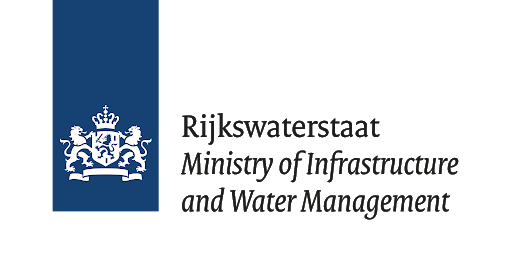 Sergio Alvarado Vazquez
Sergio Alvarado Vazquez
PHD
 Javier Estupinan
Javier Estupinan
Master






AMACHAN
When cities are developed, it is common that decision-makers do not consider the ideas and local knowledge of the residents of the cities. Particularly, there is a lack of involvement of society in the planning, design, and maintenance of Public Spaces worldwide. And these situations are generated due to several challenges such as: the lack of support of local governments to involve society in urban planning processes, lack of trust among social actors, and the need for inclusive designs and real outputs. It has even been mentioned by the SDG 11.7 the need to create better cities and inclusive public spaces. Therefore, we want to focus on how to promote a better social involvement in the phases of planning, design, and maintenance of public spaces from a bottom-up approach and using ICTs as support systems. As case study, we are adopting the context of Latin-America, as this project came from PhD research.
Currently, we collaborate with a master student on Interaction Technology developing a web platform to facilitate the planning, design, and decision-making processes of public spaces from a bottom-up approach in the Latin-American context. The tool allows creating a participatory diagnostic of public spaces and collect ideas and aspirations of a specific urban/rural area to improve the conditions of public spaces in their neighbourhood. Nevertheless, the tool can be adjusted to another context worldwide. The name of the tool is an anagram of the words “AMAtohtli” and “CHANtlacatl” from the Nahuatl language, which translate as “Maps of the people of the town”. Nahuatl is a language which belonged to the pre-Hispanic indigenous communities of the Aztec empire in central Mexico.






